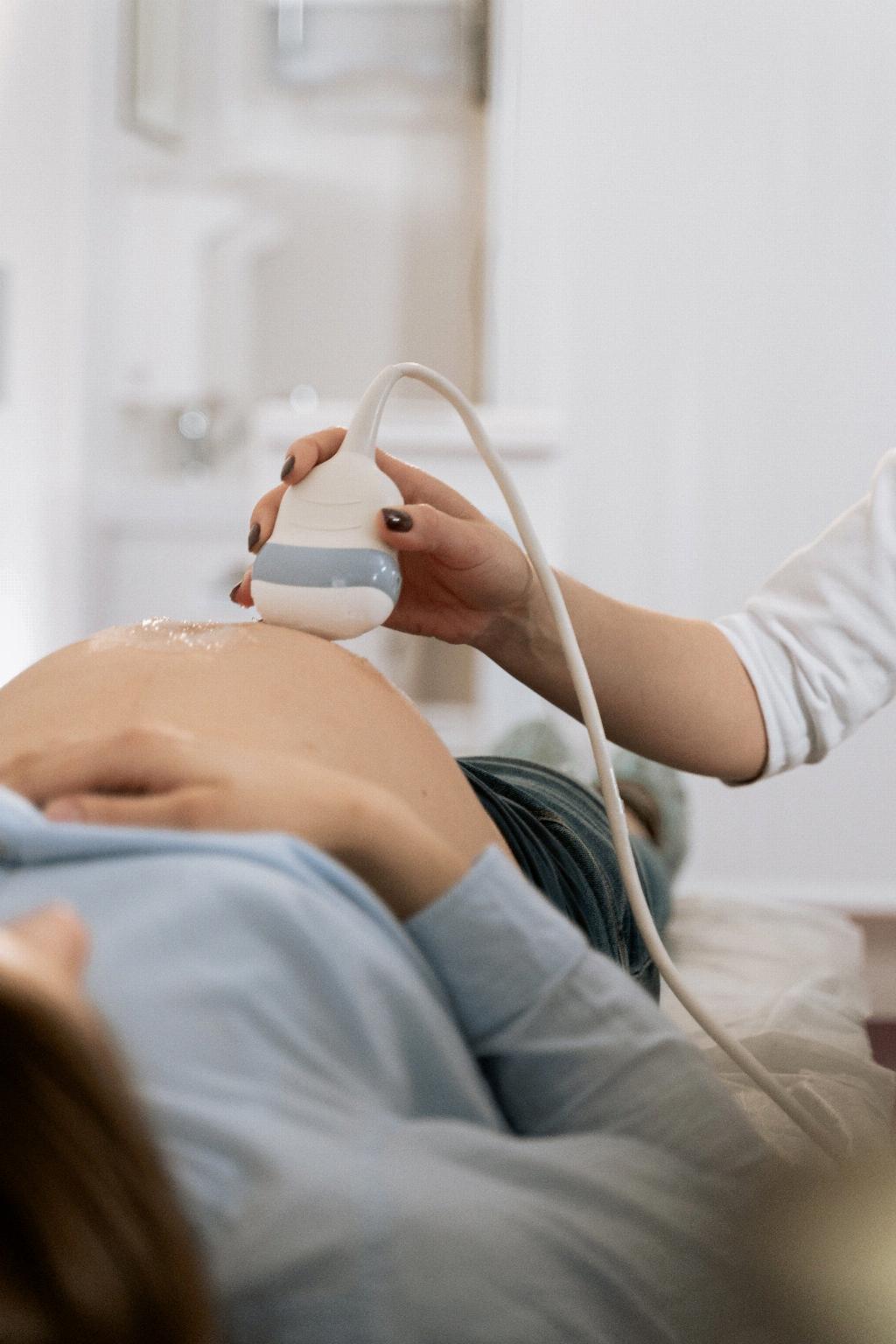As you approach the final weeks of your pregnancy, the question of travel becomes a crucial consideration. Many expectant mothers wonder about the safety and feasibility of embarking on trips when they are 37 weeks pregnant. It is essential to take into account various factors to make an informed decision.
Understanding the Risks
Complications such as hypertension, preterm labor, and premature rupture of membranes can arise unexpectedly during the last trimester of pregnancy. These issues may require immediate medical attention and limit your ability to travel long distances comfortably.
Traveling by Car
If you are contemplating a road trip at 37 weeks pregnant, it is advisable to stay within a two-hour radius from your home. This proximity ensures that you can quickly access medical assistance if needed and minimizes the risk of being far from your healthcare provider.
Air Travel Considerations
When it comes to air travel during the 37th week of pregnancy, most health professionals advise against it. The potential for sudden complications and the limited access to medical care in-flight make flying a risky choice at this stage of pregnancy.
Consulting Your Healthcare Provider
Prior to making any travel plans at 37 weeks pregnant, it is crucial to consult with your obstetrician or midwife. Your healthcare provider can assess your individual situation, overall health, and pregnancy status to offer personalized guidance on whether travel is safe for you.
Risks of Prolonged Sitting
Whether traveling by car or plane, long periods of sitting can increase the risk of blood clots in pregnant women. It is essential to take frequent breaks, stretch your legs, and stay hydrated to reduce this risk and promote circulation.
Choosing Alternative Travel Methods
For those who need to travel short distances at 37 weeks pregnant, alternative modes of transportation such as trains or buses may be more suitable options. These options provide more flexibility for movement and easier access to restrooms during the journey.
Preparing for Unexpected Situations
When considering travel at 37 weeks pregnant, it is vital to be prepared for unexpected situations. Pack essentials such as medical records, prenatal vitamins, snacks, and emergency contacts in case you need assistance while away from home.
Listening to Your Body
During late pregnancy, your body will give you signals about what is comfortable and what is not. Pay attention to any warning signs such as sudden swelling, intense pain, or contractions and prioritize your well-being above all else.
Opting for Staycations
As an alternative to long-distance travel at 37 weeks pregnant, consider enjoying a staycation in your local area. Relaxing at home or exploring nearby attractions can provide a safe and comfortable way to unwind before your baby arrives.
Knowing When to Cancel Plans
If at any point you feel uncertain or experience concerning symptoms, it is crucial to cancel your travel plans and seek immediate medical attention. Your health and the well-being of your baby should always take precedence over any travel arrangements.
Final Thoughts on Traveling at 37 Weeks Pregnant
While the desire to travel may still be present in the final weeks of pregnancy, it is essential to prioritize safety and health above all else. By carefully evaluating the risks, consulting your healthcare provider, and listening to your body, you can make informed decisions about travel during this critical stage of your pregnancy.

